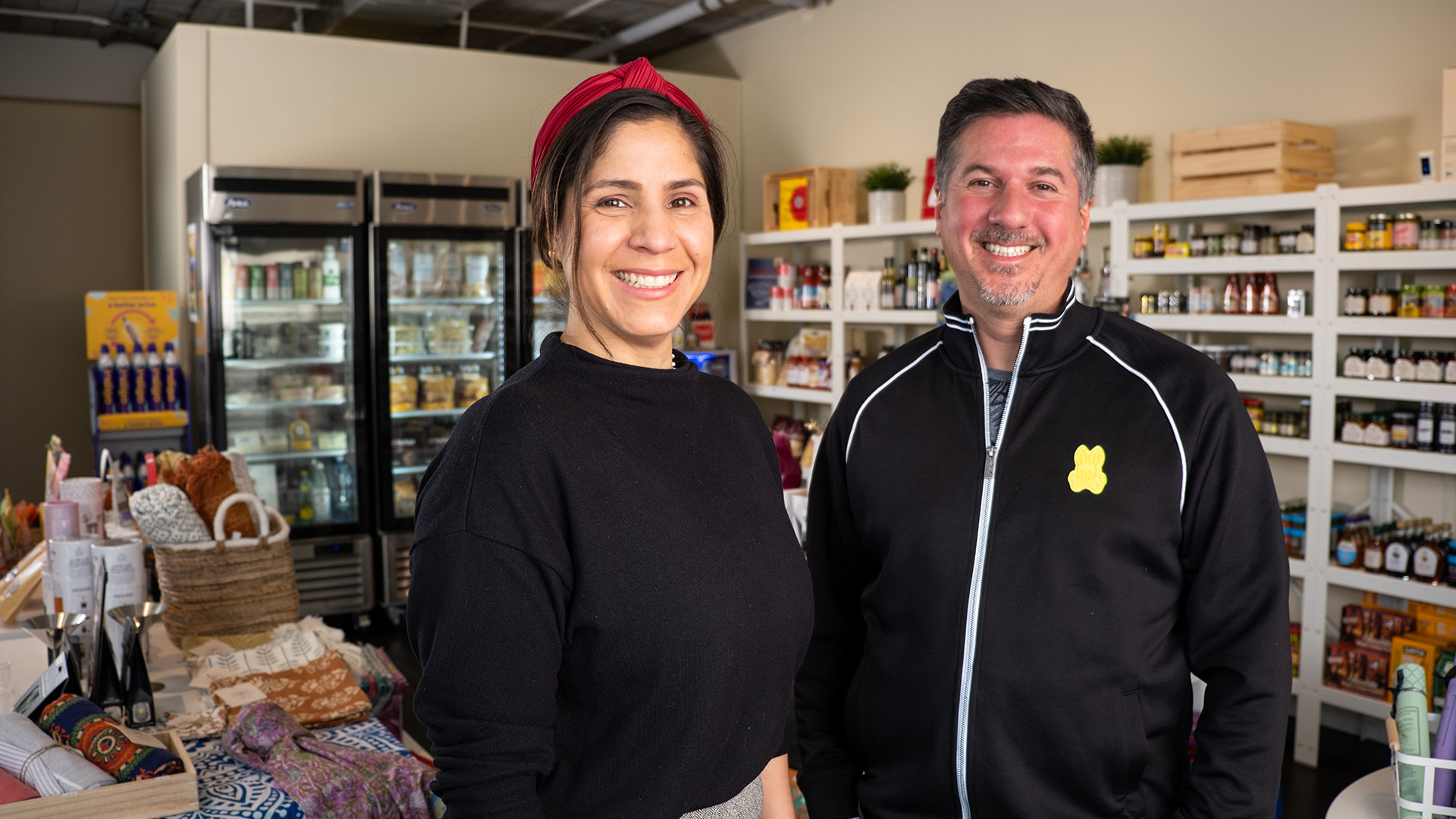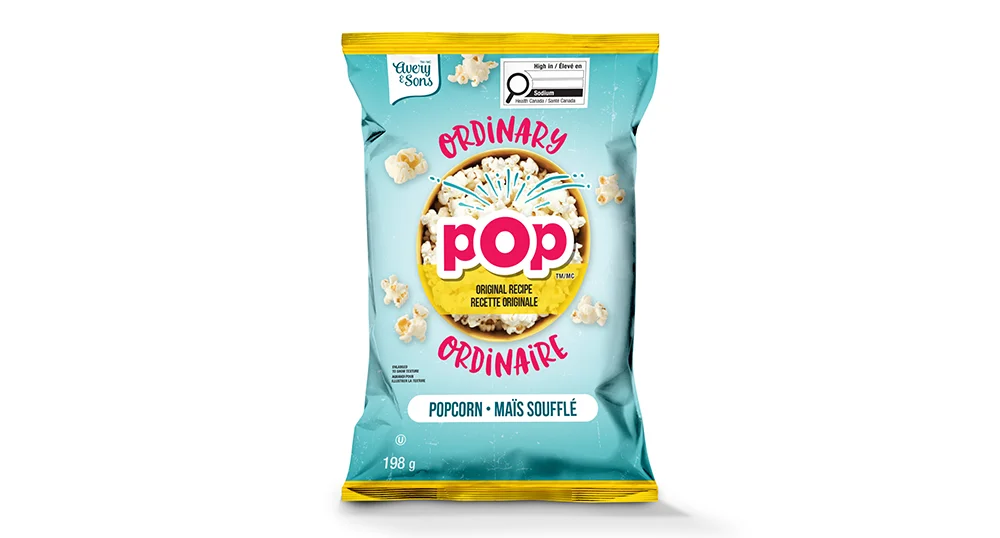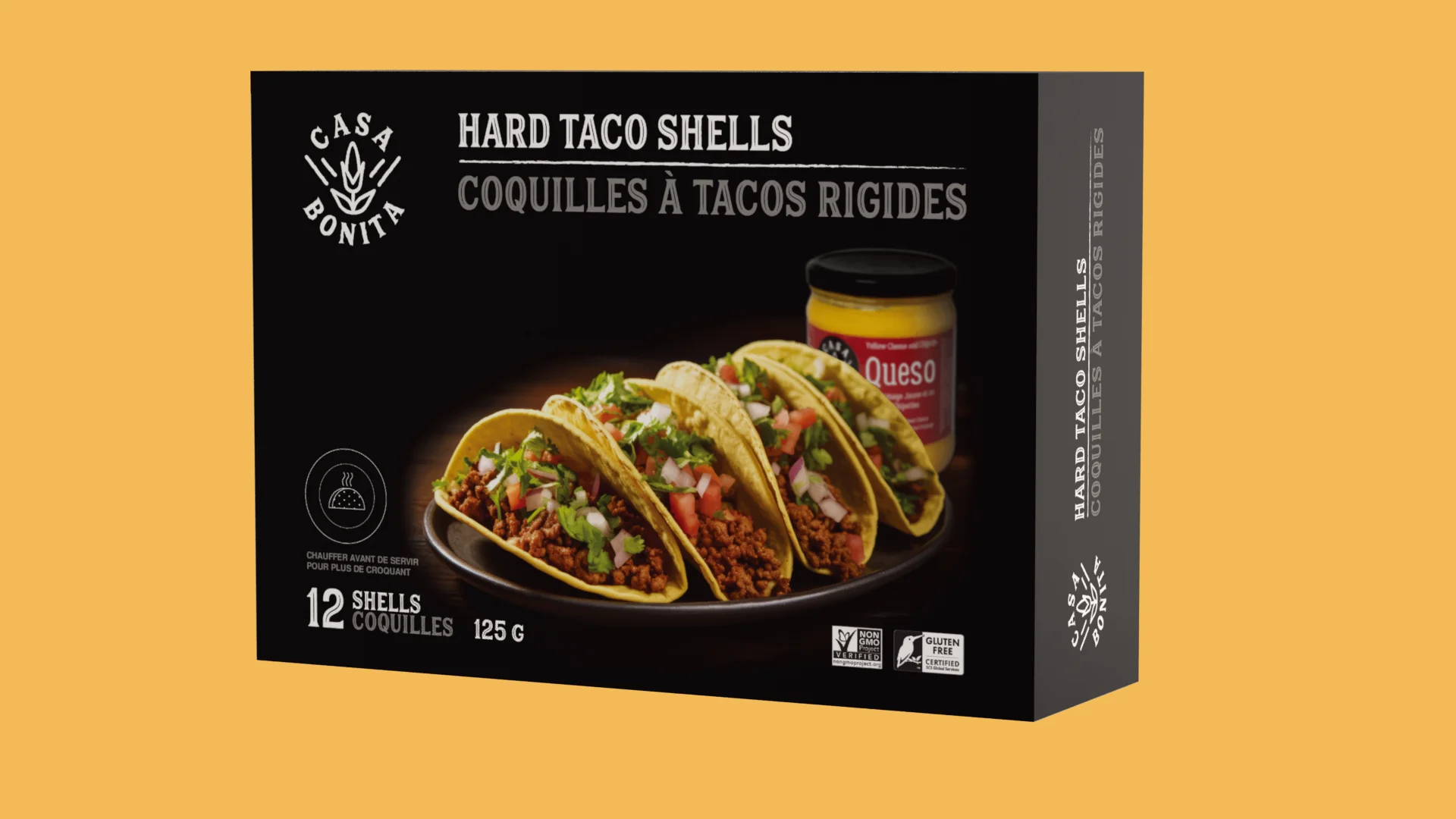Emerging Consumer Preferences and Behaviors in the Food and Beverage Industry
The food and beverage industry is continuously evolving, driven by shifting consumer preferences and behaviors. As brands strive to stay relevant and competitive, understanding these emerging trends is crucial. At NOVO MxC, we specialize in helping food and beverage brands navigate these changes with innovative and effective creative solutions. In this article, we delve into the key consumer trends shaping the industry today and how brands can adapt to meet these new demands.
Health and Wellness Focus
One of the most significant shifts in consumer behavior is the increasing focus on health and wellness. Today’s consumers are more health-conscious than ever, seeking out products that support their overall well-being. This trend is evident in the growing demand for organic, non-GMO, and natural ingredients. Additionally, consumers are looking for products free from artificial additives, preservatives, and allergens.
How Brands Can Adapt:
- Transparency: Clearly communicate the health benefits and ingredient sourcing of your products.
- Innovation: Develop products that cater to specific dietary needs, such as gluten-free, vegan, or low-sugar options.
- Certification: Obtain relevant certifications (e.g., USDA Organic, Non-GMO Project Verified) to build trust with health-conscious consumers.
Sustainability and Ethical Practices
Sustainability is no longer a niche concern but a mainstream expectation. Consumers are increasingly prioritizing brands that demonstrate a commitment to environmental stewardship and ethical practices. This includes everything from sustainable sourcing and reducing carbon footprints to fair trade practices and humane animal treatment.
How Brands Can Adapt:
- Eco-Friendly Packaging: Use recyclable, biodegradable, or reusable packaging materials.
- Sustainable Sourcing: Partner with suppliers who adhere to sustainable practices.
- Corporate Social Responsibility (CSR): Engage in initiatives that promote social and environmental well-being and communicate these efforts transparently.
Convenience and On-the-Go Solutions
Modern consumers lead busy lives and demand convenience in their food and beverage choices. Products that offer quick, easy, and nutritious solutions are increasingly popular. This trend is driving the growth of ready-to-eat meals, meal kits, and snackable formats that cater to the on-the-go lifestyle.
How Brands Can Adapt:
- Product Development: Innovate new product formats that prioritize convenience without compromising on quality or nutrition.
- Packaging Design: Create packaging that is easy to open, resealable, and portable.
- Digital Solutions: Invest in online platforms and apps that make ordering and delivery seamless and efficient.
Personalized Nutrition
With advancements in technology and data analytics, personalized nutrition is becoming more accessible. Consumers are looking for products tailored to their individual health needs, preferences, and lifestyles. This trend is particularly prominent in functional foods and beverages that offer specific health benefits, such as enhanced energy, improved digestion, or better sleep.
How Brands Can Adapt:
- Data-Driven Insights: Leverage consumer data to understand preferences and develop personalized product offerings.
- Customizable Options: Offer customizable products that allow consumers to choose their ingredients or flavors.
- Marketing Personalization: Utilize targeted marketing strategies to reach consumers with personalized messages and product recommendations.
Plant-Based and Alternative Proteins
The plant-based movement continues to gain momentum, driven by health, environmental, and ethical considerations. Consumers are exploring plant-based and alternative protein sources, including plant-based meats, dairy alternatives, and protein-rich plant ingredients like legumes and nuts.
How Brands Can Adapt:
- Expand Product Lines: Introduce plant-based alternatives to traditional animal-based products.
- Educate Consumers: Provide information on the health and environmental benefits of plant-based diets.
- Innovative Ingredients: Experiment with new and emerging plant-based ingredients to create unique and appealing products.
Digital Engagement and E-Commerce
The digital revolution has transformed how consumers discover, purchase, and interact with food and beverage brands. E-commerce and social media have become critical channels for engagement, especially in the wake of the COVID-19 pandemic. Consumers are increasingly turning to online platforms for shopping, product reviews, and brand interactions.
How Brands Can Adapt:
- E-Commerce Optimization: Ensure your products are available and easily accessible on popular e-commerce platforms.
- Social Media Presence: Maintain an active and engaging presence on social media to connect with consumers and build brand loyalty.
- Interactive Content: Create interactive and engaging content, such as virtual cooking classes, live Q&A sessions, and user-generated content campaigns.
Conclusion
Understanding and adapting to these emerging consumer preferences and behaviors is crucial for food and beverage brands looking to thrive in today’s dynamic market. At NOVO MxC, we specialize in helping brands stay ahead of the curve with our comprehensive creative services, including branding, packaging design, website design, food photography, video production, and animation.If you’re ready to elevate your brand and connect with today’s discerning consumers, visit our homepage to learn more about our services and see samples of our work. Let’s create something extraordinary together.





